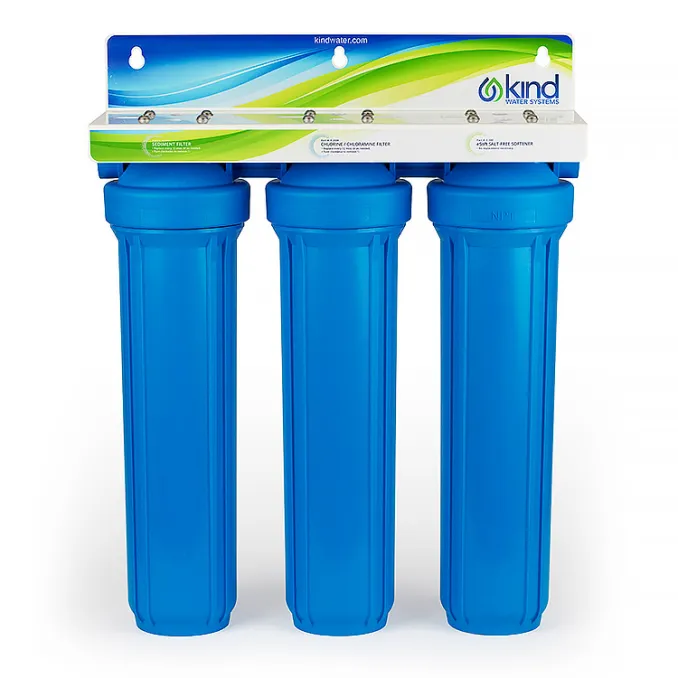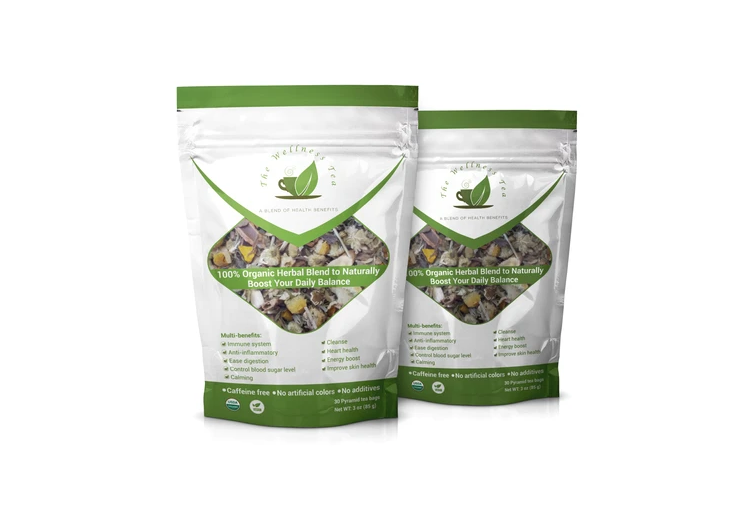What Factors Contribute to Variations in Water Hardness by Zip Code?
Water hardness can be a puzzling phenomenon, with variations that seem to differ from one zip code to another. But what exactly causes these differences? In this blog post, we’ll dive into the world of water hardness and explore the factors contributing to its variations based on where you live and it’s important to find out Water Hardness By Zip Code. Get ready for an enlightening journey through minerals, geology, treatment processes, and more!

Content
Factors Influencing Water Hardness Variation by Zip Code
Water hardness can vary significantly from one zip code to another, leaving many wondering what exactly causes these differences. Let’s explore the various factors that contribute to variations in water hardness and gain a deeper understanding of this intriguing phenomenon.
Geological Factors
The geological formations present in an area play a crucial role in determining water composition and mineral content. Different rocks contain varying amounts of minerals like calcium and magnesium, which are major contributors to water hardness. For instance, regions with limestone or chalk formations tend to have naturally hard water, while areas with granite or sandstone formations may have softer water.
Source of Water
The source of your tap water also affects its mineral content variation. Surface waters such as rivers and lakes often receive runoff from surrounding areas, leading to fluctuations in mineral levels depending on the geography they traverse. Groundwater obtained from wells can originate deep within the earth’s crust and may encounter different rock layers along its path, resulting in variations in mineral content.
Treatment Processes
Water treatment plants employ various methods like filtration, chlorination, ion exchange, etc., to ensure safe drinking water. Interestingly, these processes can influence or alter the natural hardness levels of the incoming water supply. For example, certain treatment methods remove minerals responsible for hardness through filtration or chemical reactions.
Distribution Infrastructure
Aging pipes or plumbing systems within a specific area can contribute to changes in water quality over time. Corroded pipes might introduce additional minerals into the water supply or leach existing ones out – affecting overall hardness levels experienced by residents.
Environmental Factors
Environmental pollution and industrial activities near local water sources can contaminate them with chemicals that impact their composition—including mineral content—and subsequently affect their level of hardness.
Local Regulations
Regional legislation plays a significant role in managing and treating public drinking water supplies. These regulations dictate practices related to monitoring contaminants and adjusting water treatment processes, which can influence the overall hardness levels experienced in a specific zip code.
Seasonal Variations
Weather patterns such as rainfall or droughts can also have an impact on water hardness. During heavy rains, minerals from the soil may get washed into local water sources, increasing their mineral content and subsequently affecting hardness levels. Conversely, during periods of low precipitation, the concentration of minerals in water might become more concentrated.
Understanding these factors helps shed light on why variations in water hardness exist by zip code. By examining geological formations, sources of water, treatment processes, distribution infrastructure, environmental influences, local regulations, and seasonal changes – we gain valuable insights into this intriguing phenomenon that affects our daily lives.
Effects and Implications
Water hardness not only affects the taste and appearance of our water but also has various effects and implications on our health, as well as the lifespan of household appliances and equipment.
Health Effects Associated with Consuming Hard/Soft Waters
The hardness of water can impact our health in different ways. Drinking hard water that contains high levels of minerals like calcium and magnesium is generally considered safe for consumption. In fact, these minerals are essential for our body’s nutrition. However, some individuals may be more sensitive to higher mineral content due to certain medical conditions or preferences. On the other hand, soft water lacks these minerals and may require additional dietary sources to meet recommended intake levels.
Impact on Household Appliances/Equipment Lifespan:
Hard water can pose challenges for household appliances such as dishwashers, washing machines, coffee makers, kettles, and even plumbing fixtures like faucets and showerheads. The minerals present in hard water tend to leave behind limescale deposits over time – a chalky residue that accumulates within pipes or on heating elements. This buildup reduces appliance efficiency over time while shortening their lifespan.
Additionally, when using hard water for cleaning purposes such as doing laundry or washing dishes manually, it often requires more detergent or soap usage due to reduced lathering capabilities caused by mineral interactions with soaps’ surfactants.
Testing for Water Hardness
Determining the hardness of your tap water is essential to understand its mineral content and make informed decisions about treatment or usage. Thankfully, there are various methods available for testing water hardness, both at a personal level and through professional services.
Methods for Testing Personal Tap/Household Samples:
- Water Hardness Test Strips: These convenient strips can be dipped into a sample of your tap water and provide quick results. They typically change color to indicate the level of hardness based on a color chart provided with the kit.
- Liquid Test Kits: Similar to test strips, liquid test kits allow you to measure water hardness by adding specific reagents that react with minerals in the water. The resulting color change indicates the degree of hardness.
- Electronic Water Hardness Meters: These handheld devices use electrical conductivity measurements to determine how conductive your water is due to dissolved minerals. The higher the conductivity, the harder the water.
Professional Services Available for Comprehensive Analysis:
For more detailed analysis or if you prefer professional assistance, several companies offer comprehensive testing services:
- Certified Laboratories: Certified laboratories specialize in analyzing various aspects of water quality, including hardness levels. They employ advanced equipment and techniques to provide accurate results.
- Local Water Utility Companies: Some local utility companies offer free or low-cost testing services as part of their customer support initiatives.
- Independent Water Testing Agencies: Independent agencies dedicated solely to providing comprehensive analysis often offer packages that include testing for multiple parameters like pH levels, contaminants, and mineral content—including water hardness.
By utilizing these testing methods or seeking professional help from certified laboratories or independent agencies, you can gain valuable insights into your tap water’s composition—specifically its hardness—and take appropriate measures according to individual needs such as installing suitable home filtration systems or using appropriate detergents/soaps depending on whether it is hard or soft water.
Conclusion
Understanding the factors that contribute to variations in water hardness by zip code unveils a fascinating world of minerals, geology, treatment processes, infrastructure, environment, regulations, and seasonal changes. By unraveling these mysteries, we can make informed decisions about our water quality and its impact on our health and daily lives.
FAQs
u003cstrongu003eIs water hardness the same across all zip codes?u003c/strongu003e
No, water hardness varies from one zip code to another due to several factors such as geological formations, source of water, treatment processes, distribution infrastructure, environmental influences, local regulations, and seasonal changes.
u003cstrongu003eCan variations in water hardness be attributed solely to the type of rocks present in an area?u003c/strongu003e
While geological formations do play a significant role in determining water hardness, other factors like source of water (surface or groundwater), treatment processes applied by local authorities or utilities, and aging distribution infrastructure can also contribute to variations observed within a specific zip code.
u003cstrongu003eHow do local regulations impact the variations in water hardness?u003c/strongu003e
Local regulations can influence management and treatment practices applied to public drinking water supplies. These regulations guide monitoring contaminants and adjusting treatment processes accordingly—thus impacting overall mineral content and subsequently contributing to variations in water hardness experienced within different zip codes.

Karen is a health blog author who has been writing about healthy living since 2013. She started her journey by adopting a vegan diet and eating only organic foods, but the more she learned, the more she realized that we should all be eating plant-based diets exclusively. As an expert in nutrition and wellness, Karen blogs to educate readers on how they can live happier and healthier lives through food choices!












